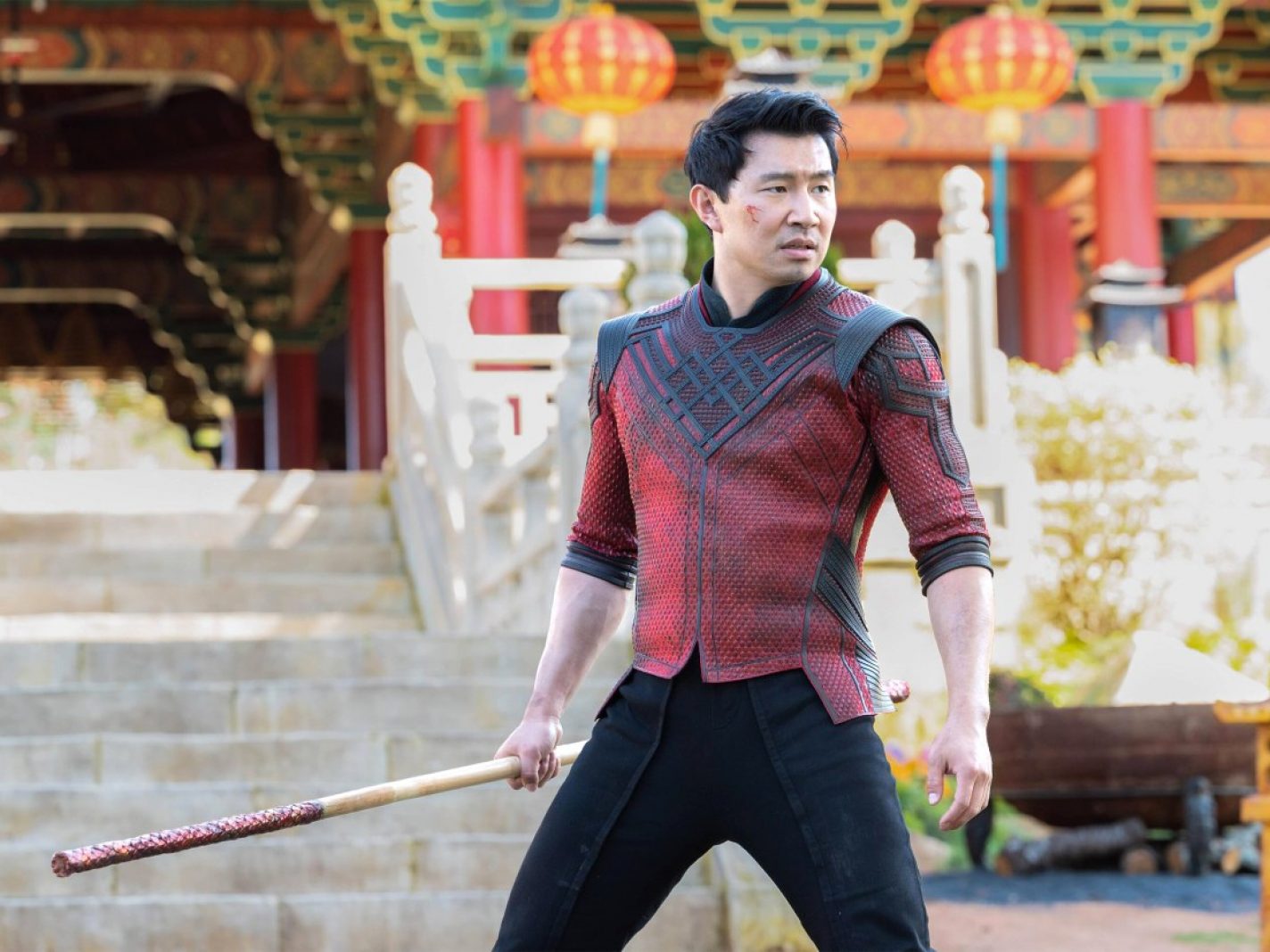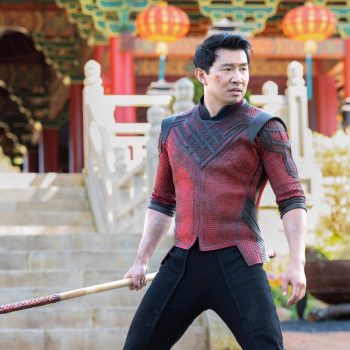Growing up in Colombia, I never truly felt like I fit in. My mom’s family is Japanese, so I spent a lot of time as a child fighting against being “othered”. I wanted to fit in, and I felt like my Asian identity was holding me back. This idea was further ingrained in me because, as many mixed kids will tell you, seeing myself represented in the films and shows I watched was something that never happened.
For the majority of my life, Hollywood had a terrible track record of appropriating Asian stories and casting white actors to lead them, perpetuating this idea that we weren’t interesting or appealing enough to be written about. It made me shun away from the stories that made me unique, from the experiences that set me apart from everyone else, because if I were to write about them, there was little to no chance that everyone would understand my oddly specific intersectional point of view.
I felt disconnected from my roots for a long time, and it was only until Crazy Rich Asians premiered in 2018, that I started coming to terms with my intersectionality. For the first time I saw people that looked like me being the lead in a film, and their identity wasn’t made fun of or ridiculed in order to appeal to a mainstream audience, but rather celebrated.
I felt like I was being celebrated and being told that my experience, my identity, was valid. It also allowed me to understand that my identities could coexist with one another, that I didn’t have to pick one over the other, but that together they made me unique and informed how I viewed the world.
So, by the time Shang-Chi and the Legend of the Ten Rings was announced, Marvel Studios’ first superhero blockbuster with an all-Asian cast, I was in a place where I could just have fun and be excited to celebrate a part of my identity being recognized. When this film was first announced, I couldn’t help but feel an insane amount of excitement and pride. I was excited to finally see a superhero that looked like me and my family on the biggest screen and with the biggest mainstream audience possible.
For most, this might not sound as a revolutionary feat, but for the Asian community, for me, this film marked a monumental moment in Hollywood history. But I was even more excited for the children that look like me to have a superhero that they can look up to, dress up as for Halloween, and a role model that they can pass onto their children in the future.
The film manages to deliver on every front, showcasing Asian culture, mythology, and most importantly, the familial relationships that I had grown up with but never saw on screen. Even if it didn’t match my own experiences completely, it is still a breath of fresh air to be able to sit in a movie theater with my mother and brother and laugh about oddly specific things depicted in the movie that resonated with us.
For the first time in my life, I feel hopeful about the future. With the success of Shang-Chi, I’m excited for all the doors that can now open and for studios to see the potential in Asian stories. And, as a screenwriter, I feel like I can finally write about my culture, my experiences, my people, and not be afraid to hold back in the specificity, because if these films have proved anything, it’s that there is an audience yearning to be represented.




